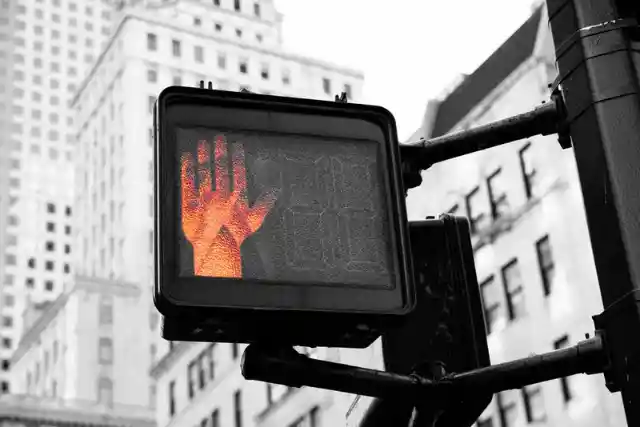Forbidden things seem more attractive, think of forbidden love and the forbidden fruit. But how does that happen? And is that true for everyone? Why are we so curious about things that aren't allowed? Is it that forbidden things are more attractive?


Curiosity is in our nature
'Not always, but often forbidden things are indeed more attractive,' says Lilian Lechner, professor of health psychology at the Open University. 'By nature, we are very curious. That's important too because by being curious we learn new things.
'It's in your DNA to be curious.' When something is forbidden, that curiosity is greatly stimulated. When something is hidden or censored, this is even more pronounced. Lechner: 'That is called the Streisand effect: if we are not allowed to know something, we want to know it, because of our learned curiosity.
Young people are more likely to do forbidden things
Young people especially have trouble adhering to forbidden rules. Why is that? Lechner: 'First of all, curiosity is much greater in adolescents, because they are still learning a lot.'
In addition, adolescents are still very sensitive to pressure from their environment. 'You want to belong within your group of friends and you want to set yourself apart from earlier generations, to become independent.' If you do things that aren't allowed, you set yourself apart from others. 'This is how you try to gain respect from those around you,' Lechner explains.


A final factor is that young people have more difficulty seeing the consequences of their behavior. They mainly see the short-term benefits but think less about the long-term consequences. Think, for example, of smoking and unhealthy eating. 'Instant gratification, that fine feeling in the short term, is very close. Then it's very easy to forget that long-term disadvantage.'
According to Lechner, adolescents are especially susceptible to this because their brains are not yet fully developed. Adults are better able to assess the long-term consequences.
Reactance: I'll decide for myself!
Another psychological phenomenon also plays a role, Lechner says. The reactance effect means that when something is imposed on you, you will do just the opposite. 'Then people have the idea: I am autonomous, you are not going to tell me what I can and cannot do.' Of course, this effect does not always occur; it also depends on who is imposing something on you and what it is.